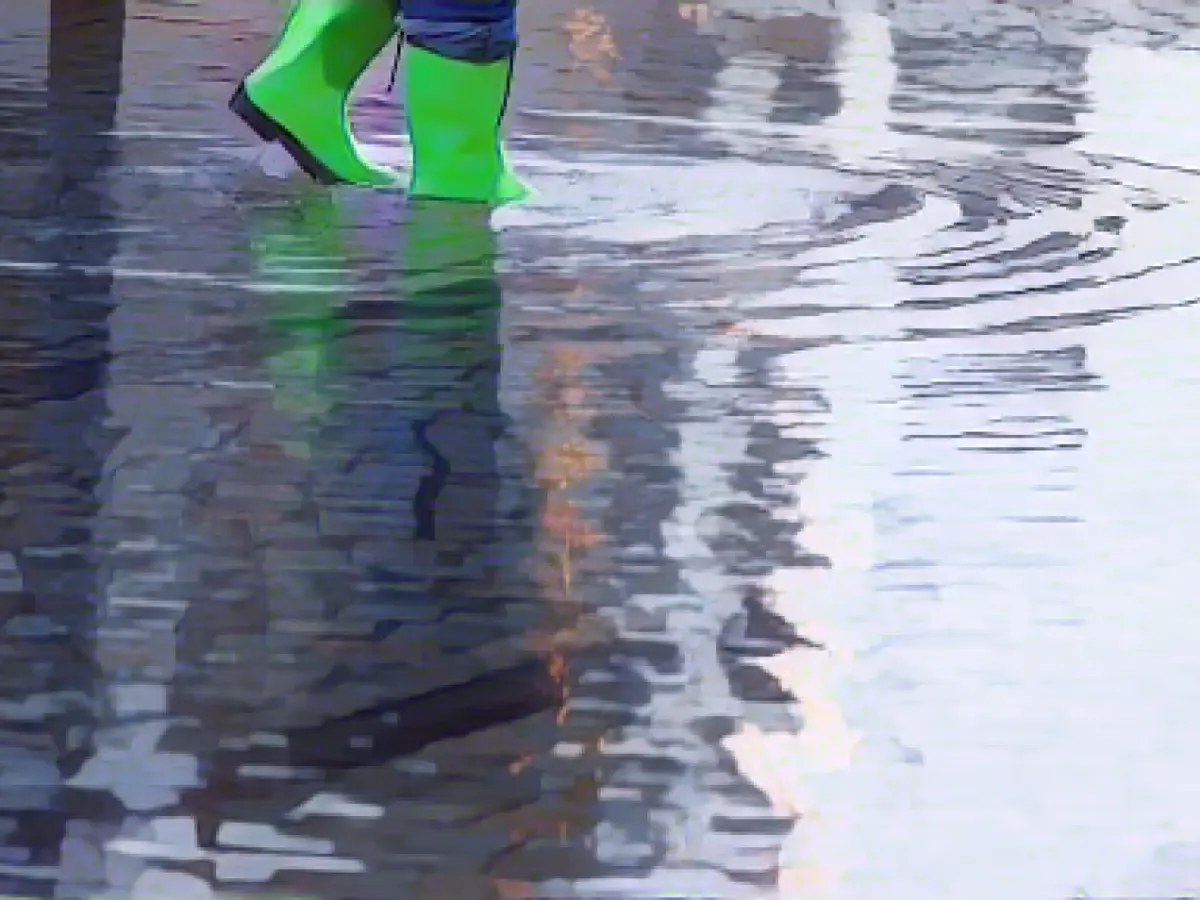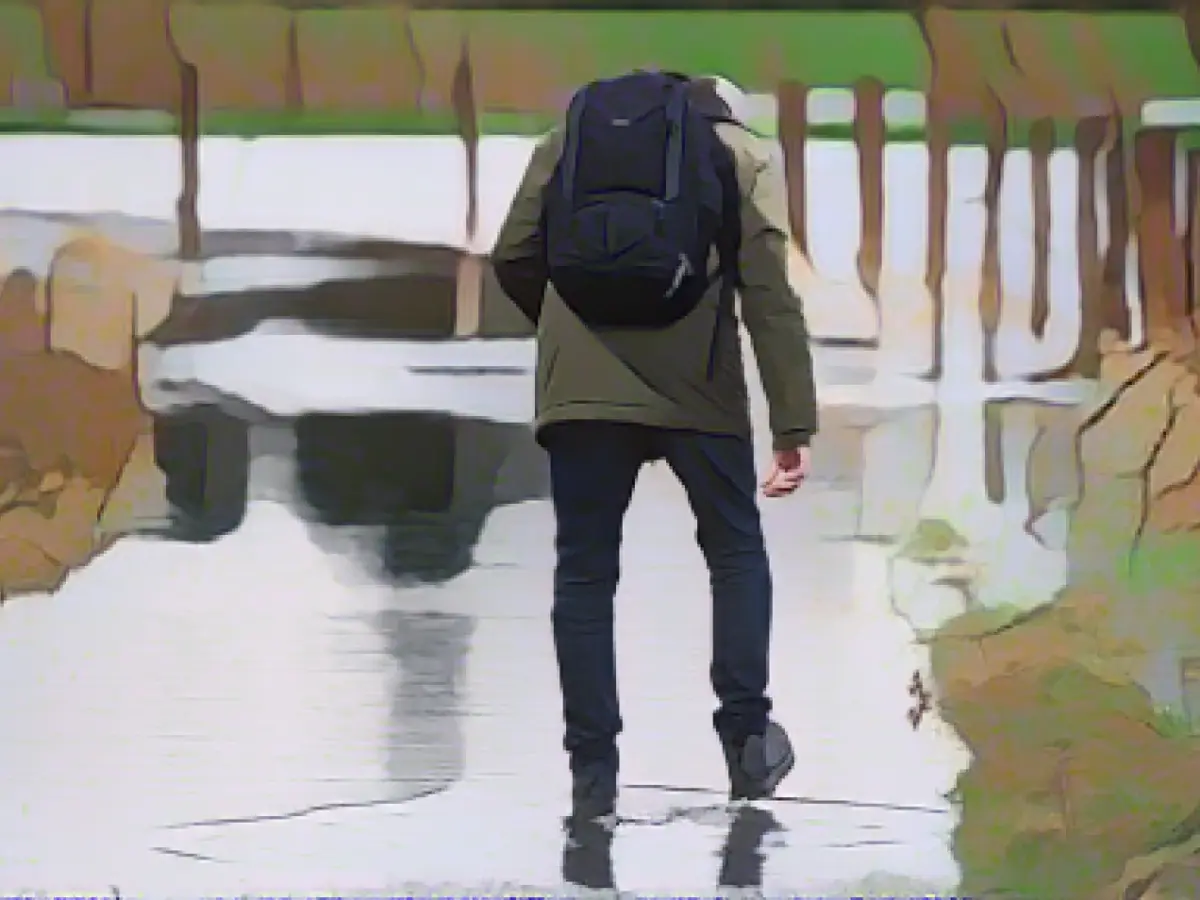Holiday Blues: Why Loneliness Hits Harder During Festive Seasons and How to Overcome It
'Tis the season, but not everyone views this time as joyous and filled with cheer. Many individuals spend the holiday season in solitude, despite the weathered tradition of family gatherings and socializing. Although some people actively choose to spend the festivities alone, others may suffer from growing feelings of loneliness.
As Sandra Jankowski, a member of the Professional Association of German Psychologists, explains in an interview with RedaktionsNetzwerk Deutschland, we have an inherent need for social connections and a sense of belonging, often referred to as the need to belong. This need is not met for many individuals who are forced to spend the holidays alone. According to a recent survey, over 2.4 million people in Germany are in this situation[1].
While it's important to understand that loneliness is not synonymous with being alone, it can still be an unpleasant and often painful experience, says Dr. Hanne Horvarth, psychologist and founder of the online platform "HelloBetter" in an interview with web.de.
The Holidays: A Time of Social Pressure and Loneliness
According to the Loneliness Competence Network, funded by the German government, loneliness arises when personal needs and wishes are not fulfilled by existing social contacts. This feeling can arise in society if you surround yourself with the wrong people or lack meaningful relationships.
The approach to the holidays often sets high social expectations, with idealized images of the perfect Christmas or New Year's Eve party. If you don't meet this expectation or lack the traditional family bonds, you might feel like an outlier. This discrepancy between the social ideal and reality can lead to feelings of disappointment and loneliness.
How Chronic Loneliness Affects Your Health
Although temporary feelings of loneliness are not necessarily a red flag, extended periods of loneliness can be detrimental to your mental and physical health[2][3]. Loneliness can lead to depression, unhealthy lifestyles, and increased risks for cardiovascular diseases.
Populations that are particularly vulnerable to chronic loneliness are young adults, individuals in transitional situations (such as post-separation, career changes, or relocations), and older adults (due to dependency on help and a lack of a social environment)[1].
In Europe, older adults (aged 75 and above) suffer the most from loneliness. This could be due to the fact that they are often dependent on help to change something about their isolation, but they may not receive this help[1]. As a result, the path out of loneliness becomes more difficult.
Combating Loneliness
Societal Measures
- Awareness Campaigns: Public awareness campaigns can help destigmatize loneliness and encourage people to seek help.
- Social Prescribing: Programs like social prescribing can offer social recreational activities, relaxation or mindfulness courses, and help make them more accessible to a wider audience.
- Regional Initiatives: Regional initiatives that address regional differences in loneliness can help make social activities more available in areas with higher mental health needs.
- National Strategy: A comprehensive national strategy from the German Federal Government includes educational work, targeted campaigns, and additional research funding to effectively combat loneliness.
Personal Actions
- Social Connections: Engaging in group activities or joining online communities can help build social connections and reduce feelings of loneliness.
- Mindfulness and Relaxation: Mindfulness or relaxation courses can help reduce stress and improve overall well-being, which can lessen feelings of loneliness.
- Volunteering: Participating in volunteer work can provide a sense of purpose and social interaction.
- Technology Use: Using AI-supported tools like journaling feedback engines can stimulate verbal activity and provide a sense of communication.
- Travel and Exploration: Traveling with friends or joining group tours can help create new experiences and social interactions, which can help combat loneliness[3][4].
By tapping into both societal measures and personal actions, it is possible to overcome feelings of chronic loneliness during the holiday season and throughout the year.
References
- "Loneliness between Peer Pressure and Loneliness." .
- "Adverse Childhood Experiences and Later Life Health: Is There a Role for the Stress System and Allostasis?" .
- "Chronic Loneliness in Old Age-How Can It Be Prevented and Treatment Effectiveness?" .
- "How to Deal with Loneliness--7 Cures to Feel Connected." .







